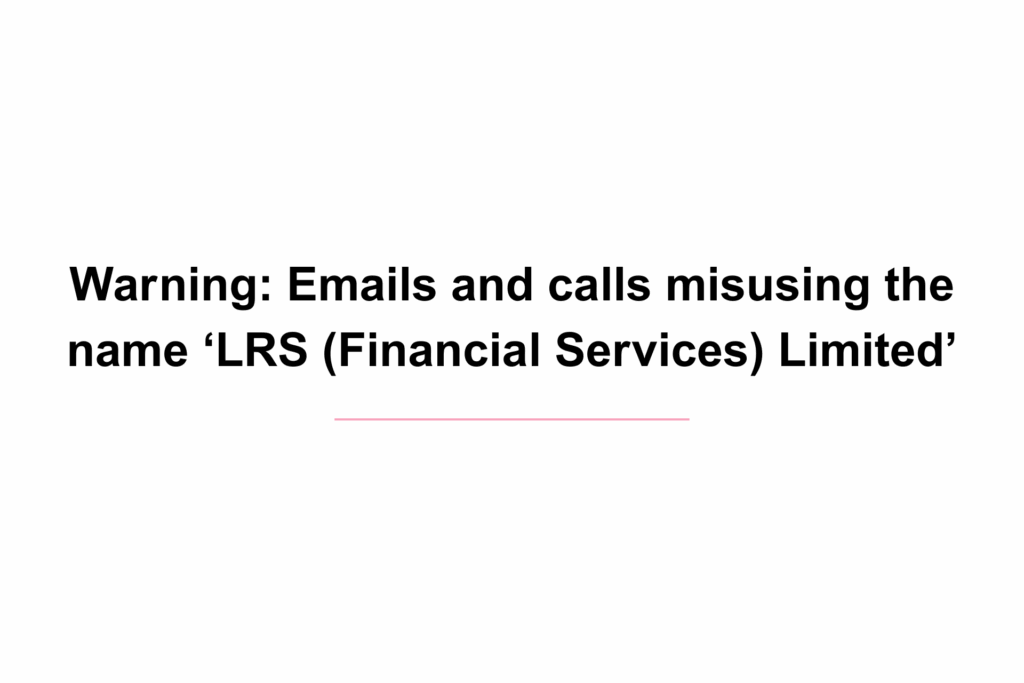To mark World Alzheimer’s Day, an international campaign which aims to educate, encourage support of and demystify dementia, Sharon Crosby, head of Lodders’ Care & Capacity team, challenges the stigma around dementia and driving.

Encouraging a loved one you fear is showing signs of memory loss to seek a dementia test and potentially a diagnosis can be an incredibly tough conversation to broach. But ensuring their safety and simply ‘knowing’ is of course essential, as is anticipating their fears and worries, including over their independence should dementia turn out to be the diagnosis.
However, it is a misconception that a diagnosis of dementia automatically makes a driver unsafe. One in three people with dementia still drive. Being independent is important, and for many running a vehicle is also essential in order to access shops and medical treatment.
Tell the DVLA
The legal position is straightforward: you must tell DVLA if you have dementia. You can be fined up to £1,000 if you don’t tell them about your diagnosis.
You should also tell your car insurer about your dementia diagnosis straightaway, otherwise your policy may not be valid.
Notification is made to DVLA by completing and submitting form CG1. This form asks for details about your GP, consultant, clinics, medication and care. DVLA might ask you to take a driving assessment, or have an eyesight or driving test.
Once form CG1 has been reviewed, DVLA will either:
- decide you are safe to continue on the road, and issue a licence that is valid for a limited period, after which time further assessments will need to be carried out; or,
- decide you are not safe to continue on the road, and tell you that you must surrender your driving licence. There is an appeal process that can be pursued; however, you cannot use your car while the appeal is ongoing.
Self assessment
If you yourself are worried your reduction in cognitive behaviour and memory could be a sign of dementia, you may decide yourself that you don’t want to drive any more. If you find yourself getting lost on routes you know well, misjudging speeds, or becoming confused by roadworks then it might be time to consider stopping driving. Licences can be surrendered voluntarily by completing a declaration and sending it to DVLA.
GPs can get involved
Of course, the nature of dementia is such that not everyone with the condition accepts the diagnosis or understands how it is affecting them. A driver may refuse to contact DVLA. It is, however, possible for your GP to give information about your dementia to DVLA without asking your permission, although they do need to tell you afterwards that they have done this.
If are supporting someone who is unsafe to drive but refuses to stop, The Alzheimer’s Society has some excellent advice on how to deal with this challenging situation.
Get in touch
Lodders’ team of care and capacity solicitors understands that planning for the future means preparing for the unexpected. We provide advice and support to clients on a variety of complex matters, including lasting powers of attorney, preparation of advance decisions, Court of Protection applications, provision of care and funding, and advice for attorneys and deputies.
For further information or advice, please get in touch.
Contact usContact us
Need more advice?
For help with a legal problem or more information on any of our services at Lodders, please get in touch with our friendly team. You can contact us via the number or email address below, or fill in the form and we will get back to you as quickly as we can.

Contact a member of the team
Read more
Other news, insights and events







